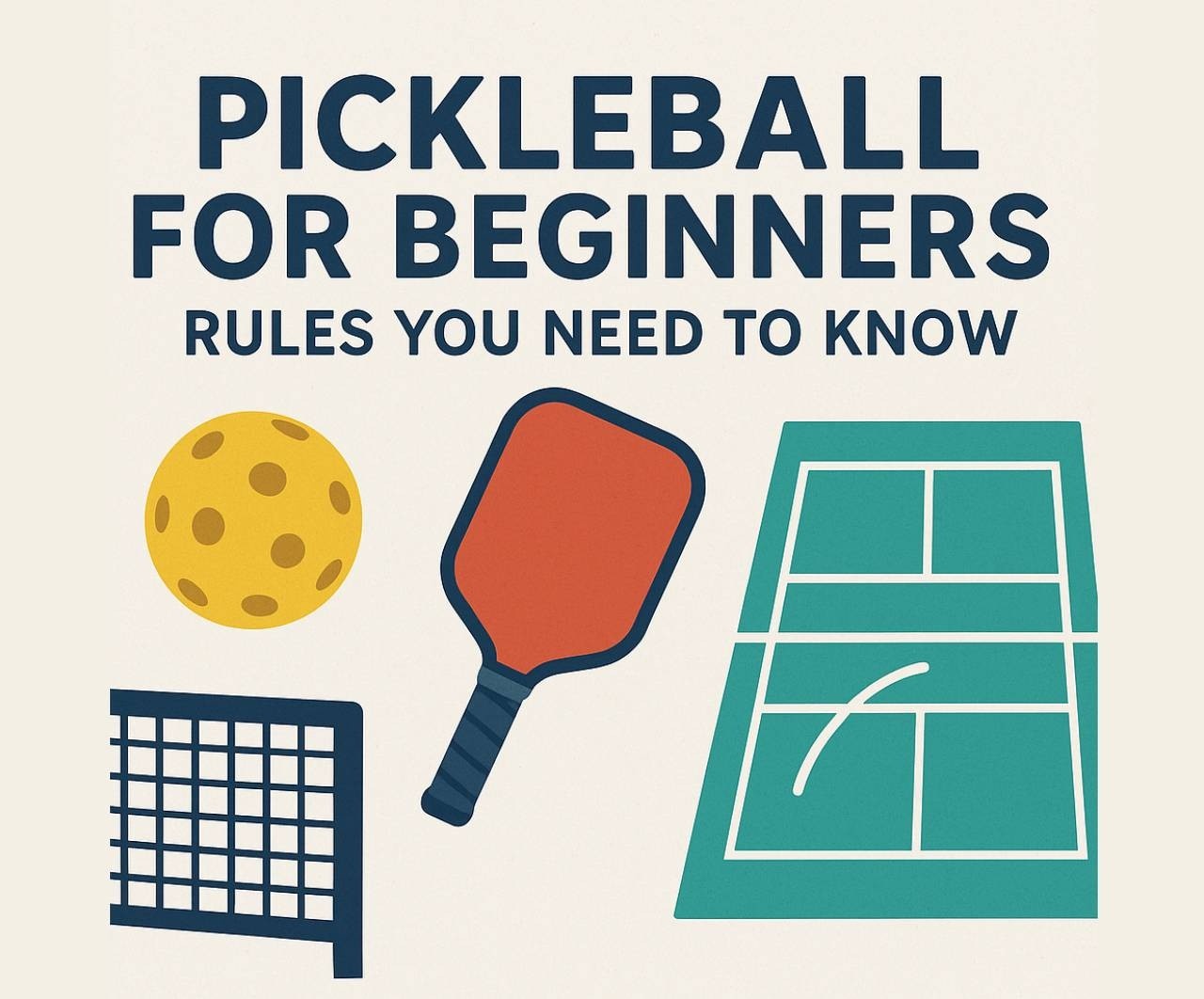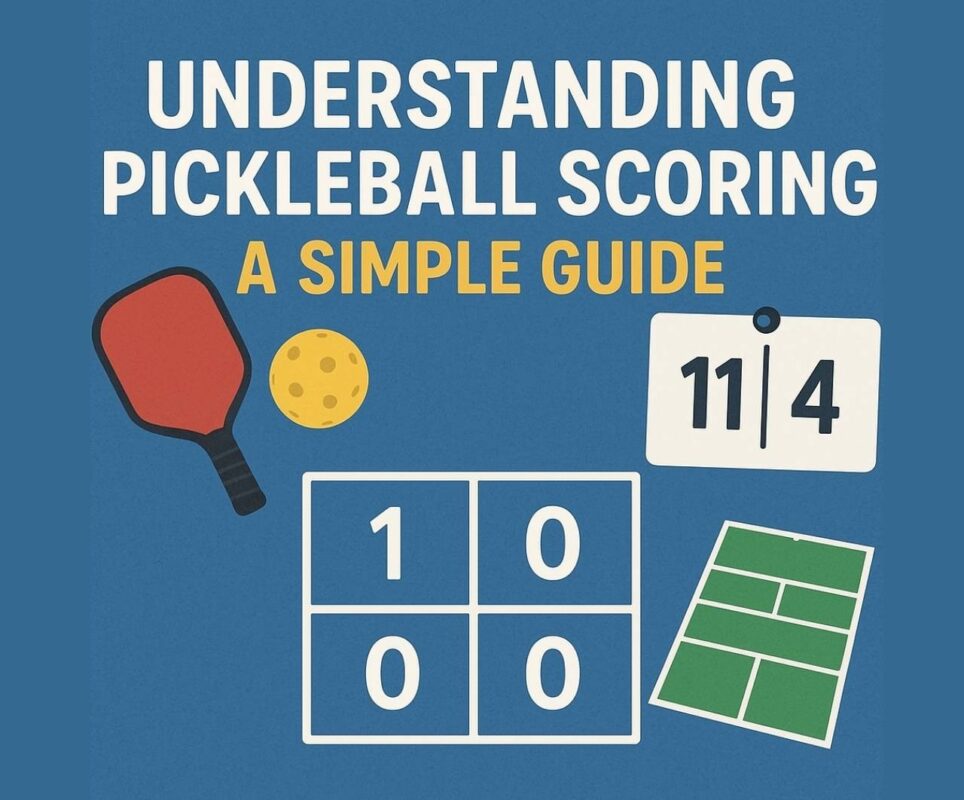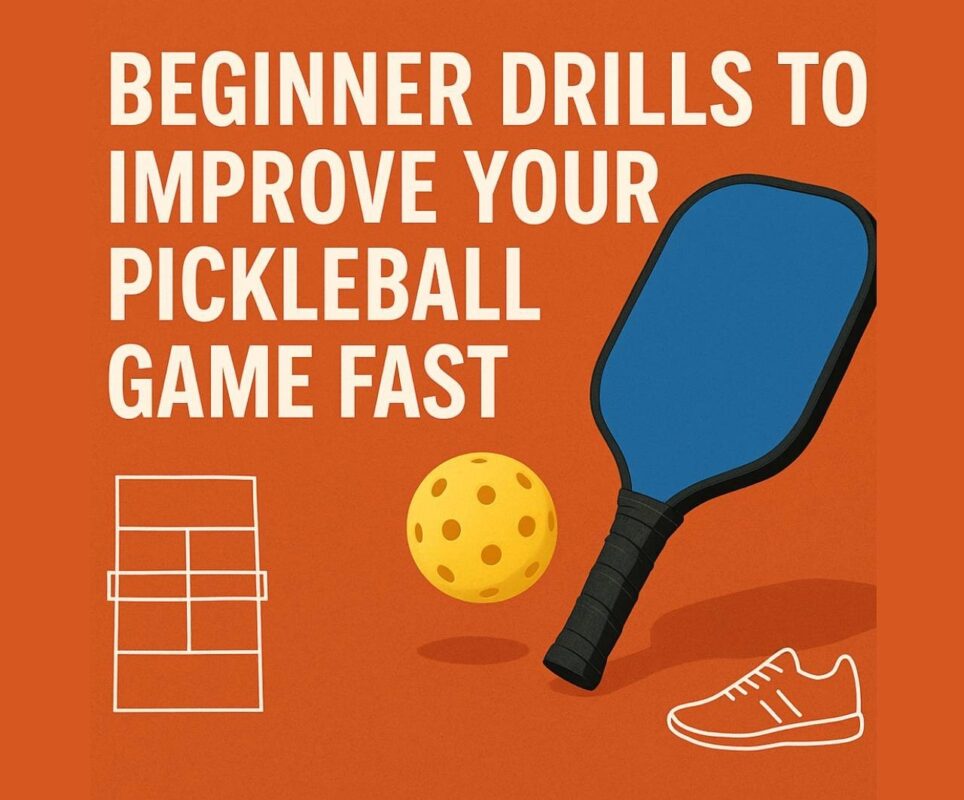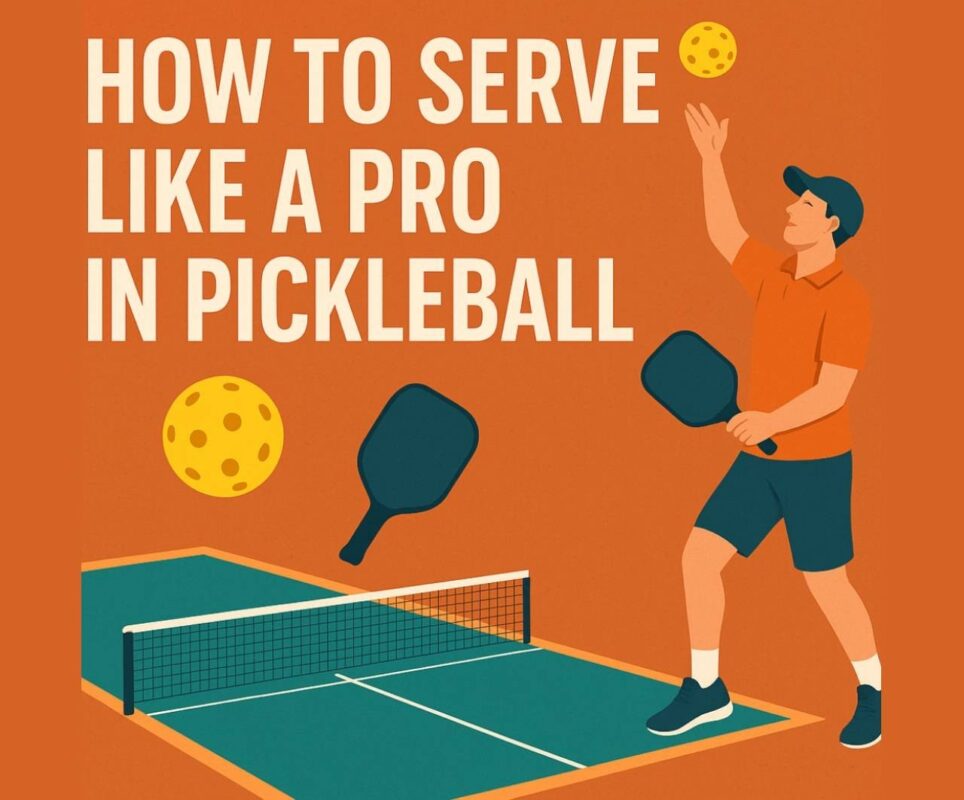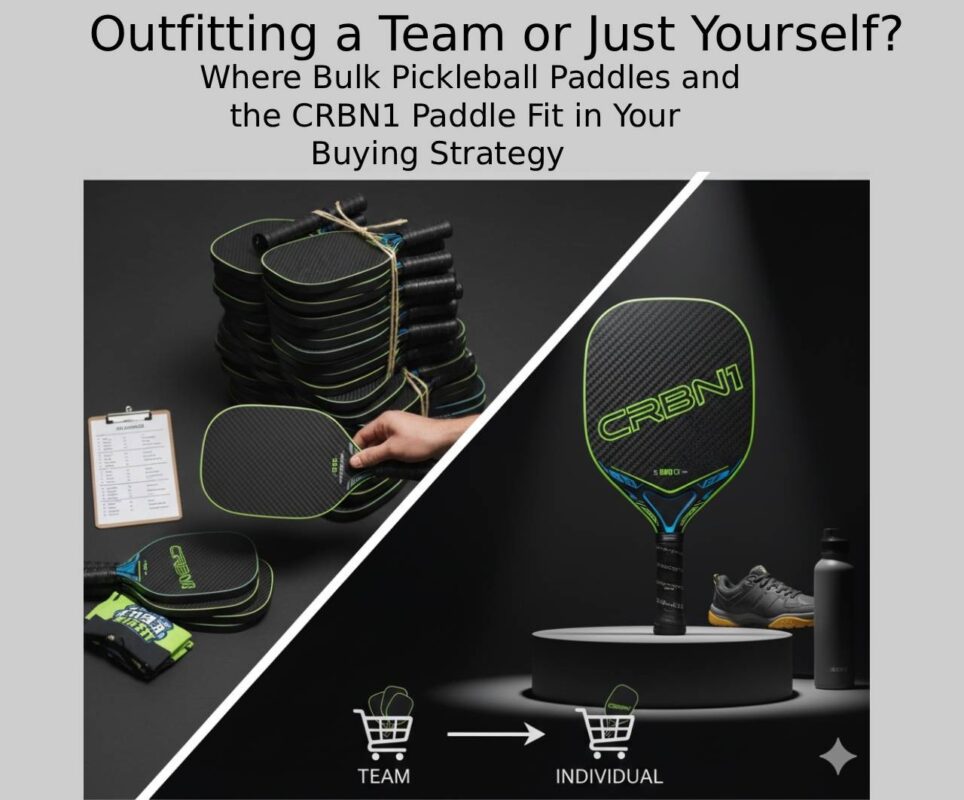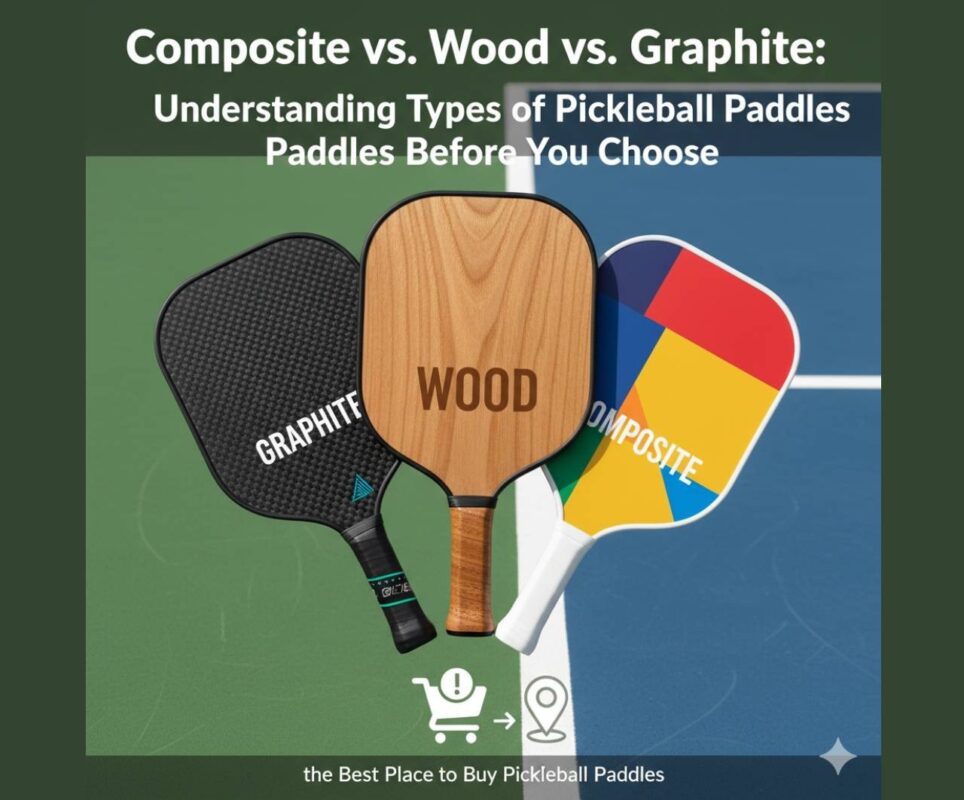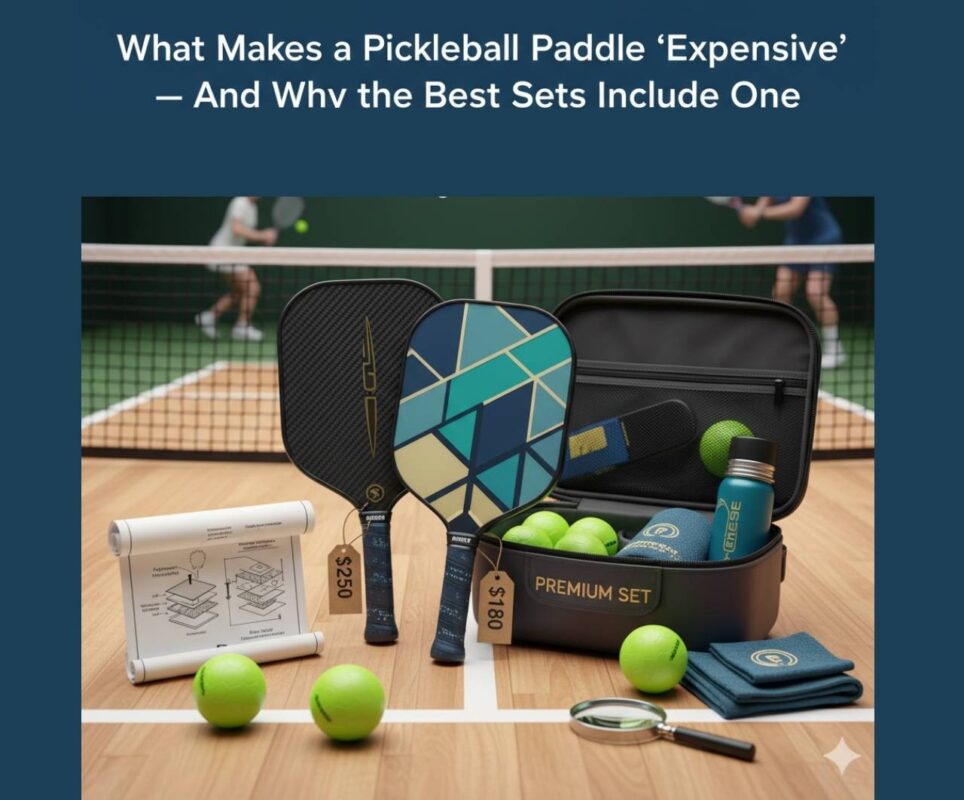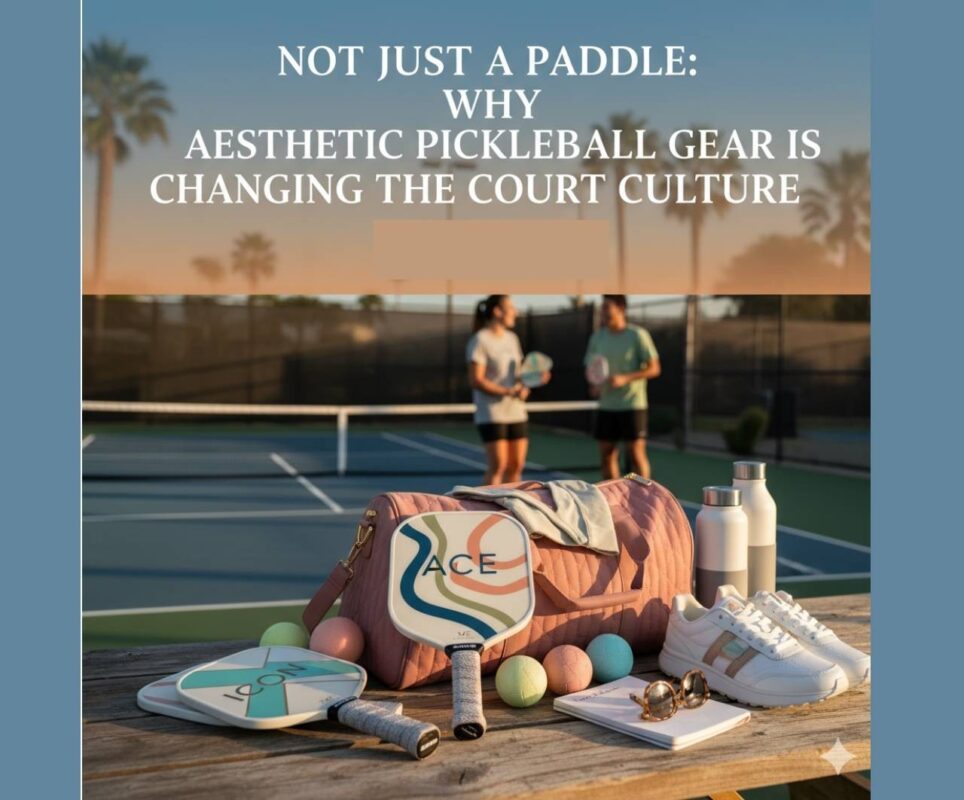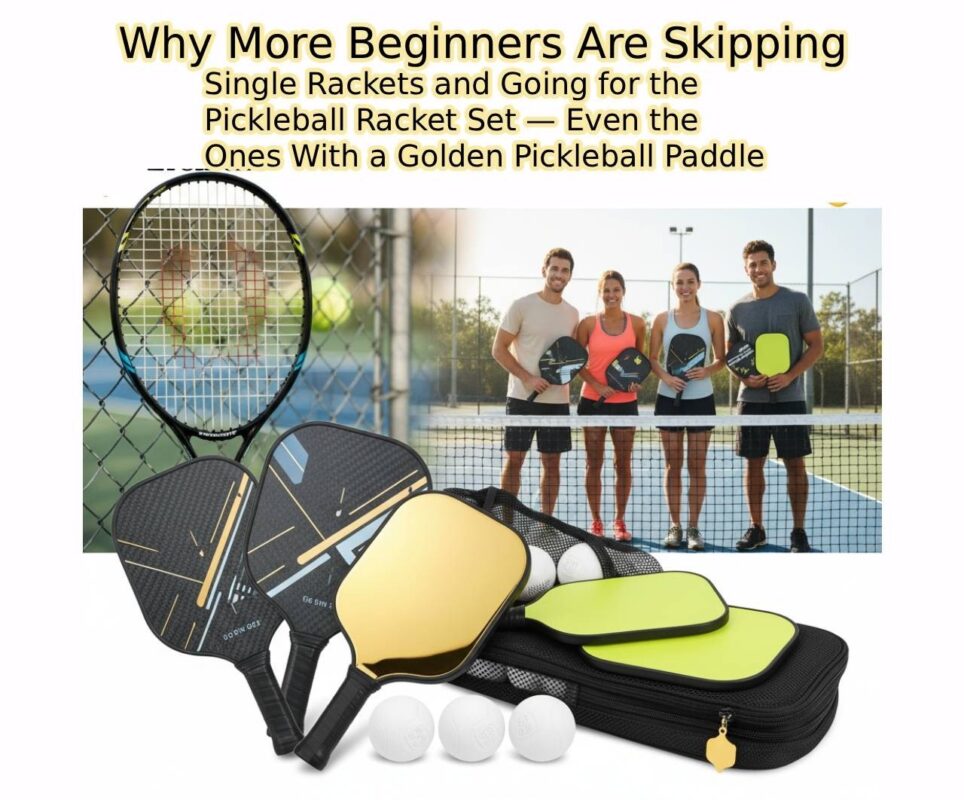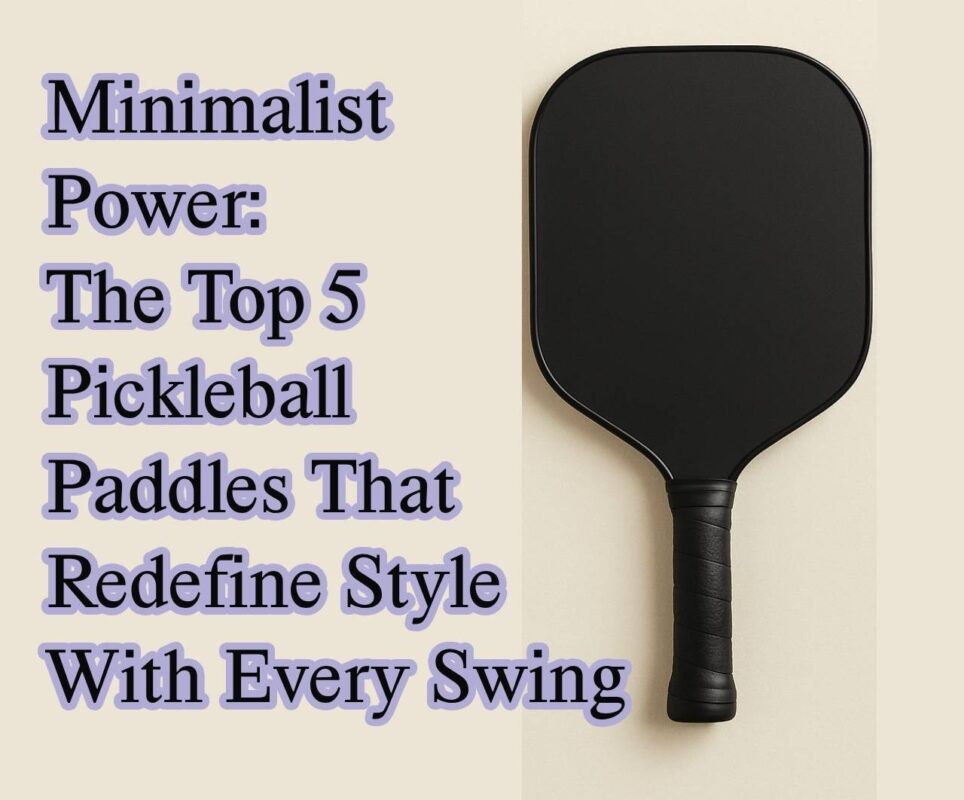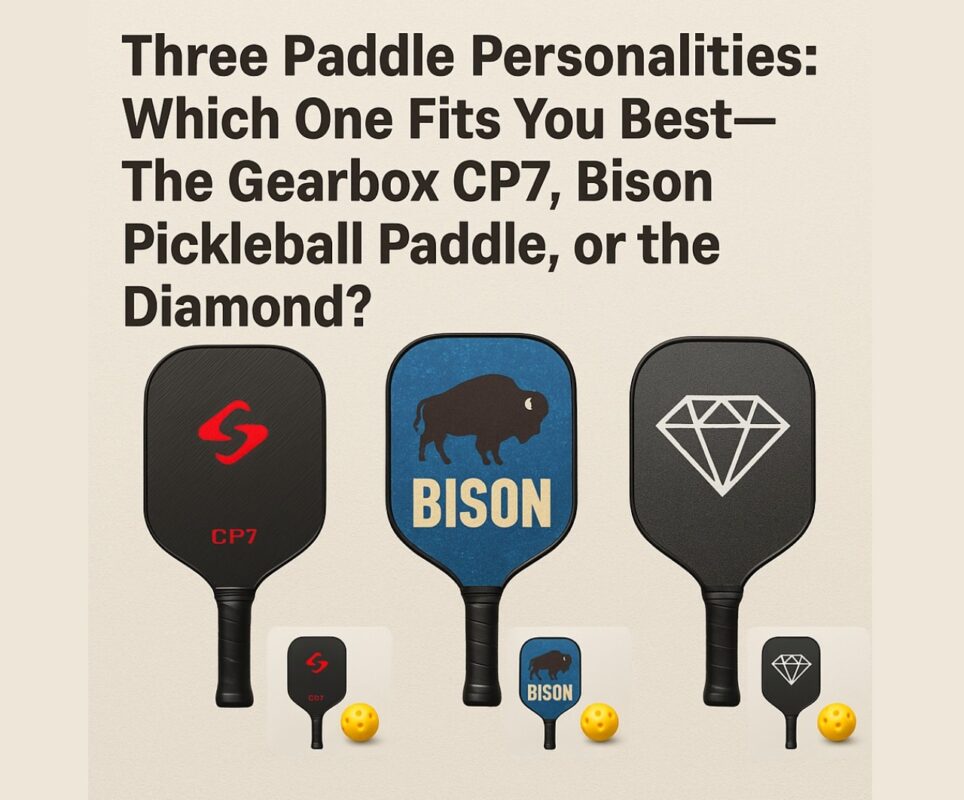If you’re just stepping into the world of pickleball, this guide is perfect for you. Pickleball for Beginners can feel overwhelming at first, but understanding the game’s structure and basic techniques makes it incredibly fun and rewarding. In this article, we’ll cover everything you need to know about pickleball rules, plus practical beginner pickleball tips that will help you start your journey confidently and enjoy the game from day one.
Whether you’re looking to pick up a new hobby, get some exercise, or join a local pickleball community, this guide will give you the knowledge and confidence you need. So, grab your paddle, hit the court, and let’s dive into the exciting world of pickleball. Know more..
What is Pickleball?
Pickleball is a fast-growing sport that combines elements of tennis, badminton, and ping pong. It’s played with a paddle and a plastic ball with holes, and can be played both indoors and outdoors. The game is popular among all age groups because it’s easy to learn, low-impact, and social.
The sport was invented in the 1960s by Joel Pritchard, Bill Bell, and Barney McCallum in Washington, USA. Originally designed as a family activity, it has evolved into a competitive sport with professional tournaments worldwide.
The Court Setup
Before diving into pickleball rules, it’s essential to understand the court layout. A pickleball court is similar in size to a doubles badminton court. The court measures 20 feet wide by 44 feet long for both singles and doubles. The net height is 36 inches at the sidelines and 34 inches at the center. There is also a non-volley zone, called the “kitchen,” which is a 7-foot area on both sides of the net where players cannot hit volleys.
Understanding the court helps beginners navigate positioning, strategies, and scoring more effectively.
Pickleball Rules Every Beginner Should Know
Knowing the rules is the first step in mastering the game. Here’s a breakdown of the essential pickleball rules
Serving Rules
The serve must be made underhand, below the waist. The paddle must contact the ball below the server’s navel and the serve must go diagonally to the opponent’s service court. Only one serve attempt is allowed, except in the case of a let when the ball touches the net but lands in the correct service court.
Scoring Rules
Points can only be scored by the serving side. Games are typically played to 11 points, and a team must win by 2 points. Matches can be singles or doubles, but doubles are more popular for beginners.
Double Bounce Rule
One of the unique aspects of pickleball is the double bounce rule. After the serve, the receiving team must let the ball bounce once before returning, and the serving team must also let the ball bounce once before hitting it. After the first two bounces, players can volley or hit the ball off the bounce.
Non-Volley Zone Rules
Players cannot hit the ball while standing inside the kitchen unless the ball bounces first. This prevents aggressive smashes too close to the net, keeping the game fair and strategic.
Faults
Common faults include hitting the ball out of bounds, volleying the ball in the kitchen, serving incorrectly, and failing to follow the double bounce rule. Mastering these basic rules ensures you play correctly, avoid penalties, and enjoy your first games without frustration.
Beginner Pickleball Tips for a Strong Start
Learning pickleball for beginners doesn’t have to be intimidating. These beginner pickleball tips will help you improve quickly
Focus on Proper Grip
Your paddle grip influences your control and power. Beginners should use the continental grip by holding the paddle like shaking hands, keeping your wrist firm but relaxed, and adjusting slightly depending on whether you’re hitting a forehand or backhand.
Practice Serving
A consistent serve sets the tone for the game. Start by practicing underhand serves, aiming diagonally across the court, and trying to land your serve deep near the baseline.
Learn the Dinks
Dinking is a soft shot used near the net to control rallies. Tips for dinking include using short, gentle paddle strokes, keeping the ball low over the net, and positioning yourself outside the kitchen for volleys.
Work on Footwork
Good footwork is crucial. Beginners should stay on the balls of their feet, move efficiently without crossing their feet, and maintain balance for volleys and dinks.
Play with Others
Experience is the best teacher. Join local pickleball clubs or beginner sessions to learn from more experienced players, practice different techniques and strategies, and build confidence in game situations.
Common Mistakes Beginners Make
Even with beginner pickleball tips, new players often make simple mistakes. Being aware of these helps you avoid them. Overhitting the ball is common as pickleball is a game of precision, not power. Ignoring the kitchen rules is another frequent error as many beginners accidentally step into the non-volley zone. Serving from the wrong spot, neglecting positioning, and rushing the game are also common mistakes. Patience and strategic play are key to improvement.
Equipment Guide for Beginners
Getting the right gear makes a big difference. Every beginner needs a lightweight paddle that is easy to handle, standard plastic balls with holes suitable for indoor or outdoor play, non-marking supportive shoes designed for lateral movement, and comfortable athletic wear suitable for both indoor and outdoor play.
Benefits of Playing Pickleball
Understanding the benefits can motivate you to practice regularly. Pickleball enhances cardiovascular health, flexibility, and strength, improves focus, strategy, and stress relief, provides a great way to meet new people and join a community, and is accessible for all ages and skill levels. For beginners, these benefits make pickleball a fun, inclusive, and rewarding sport.
Pickleball Strategies for Beginners
Once you are comfortable with the rules and techniques, start thinking about basic strategies. Stay near the baseline while serving, move forward after your partner returns the ball in doubles, and anticipate your opponent’s shots to improve reaction time. Mix dinks, volleys, and drives to keep opponents guessing, avoid hitting predictable shots, and practice aiming for open court spaces. Communication is essential in doubles play. Call shots like “Mine” or “Yours” and discuss strategies before and during the game.
Pickleball Etiquette
Good etiquette ensures a friendly and competitive environment. Shake hands or bump paddles before and after the game, call lines honestly, respect opponents’ space, keep noise reasonable, and wait your turn to serve. By following these simple rules, beginners can create a positive experience for everyone on the court.
How to Improve Quickly as a Beginner
Improvement comes from consistent practice and smart training. Watch and learn by observing professional games, practice serving, dinking, and volleying daily, play with better players to pick up skills faster, and track your progress by recording scores, shots, and techniques to identify areas for improvement.
Resources for Learning Pickleball
Many resources exist to help pickleball for beginners. Online tutorials and videos provide step-by-step guides, local clubs offer social play, training sessions, and tournaments, pickleball apps track progress and find partners, and books or guides offer comprehensive rulebooks and strategies.
Conclusion
Pickleball for Beginners is more than just a game. It’s an exciting way to stay active, socialize, and challenge yourself mentally and physically. By learning the pickleball rules, following beginner pickleball tips, and practicing regularly, you’ll quickly become a confident player ready to enjoy every rally on the court.
Patience and practice are key. Start slow, focus on technique, and gradually incorporate strategy and advanced moves. With time, you’ll not only play effectively but also experience the immense fun and community that pickleball brings.
Whether you’re playing for fitness, fun, or competition, pickleball offers something for everyone. Pick up your paddle, follow these guidelines, and get ready to join the rapidly growing community of pickleball enthusiasts.

